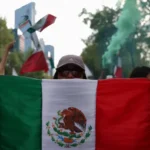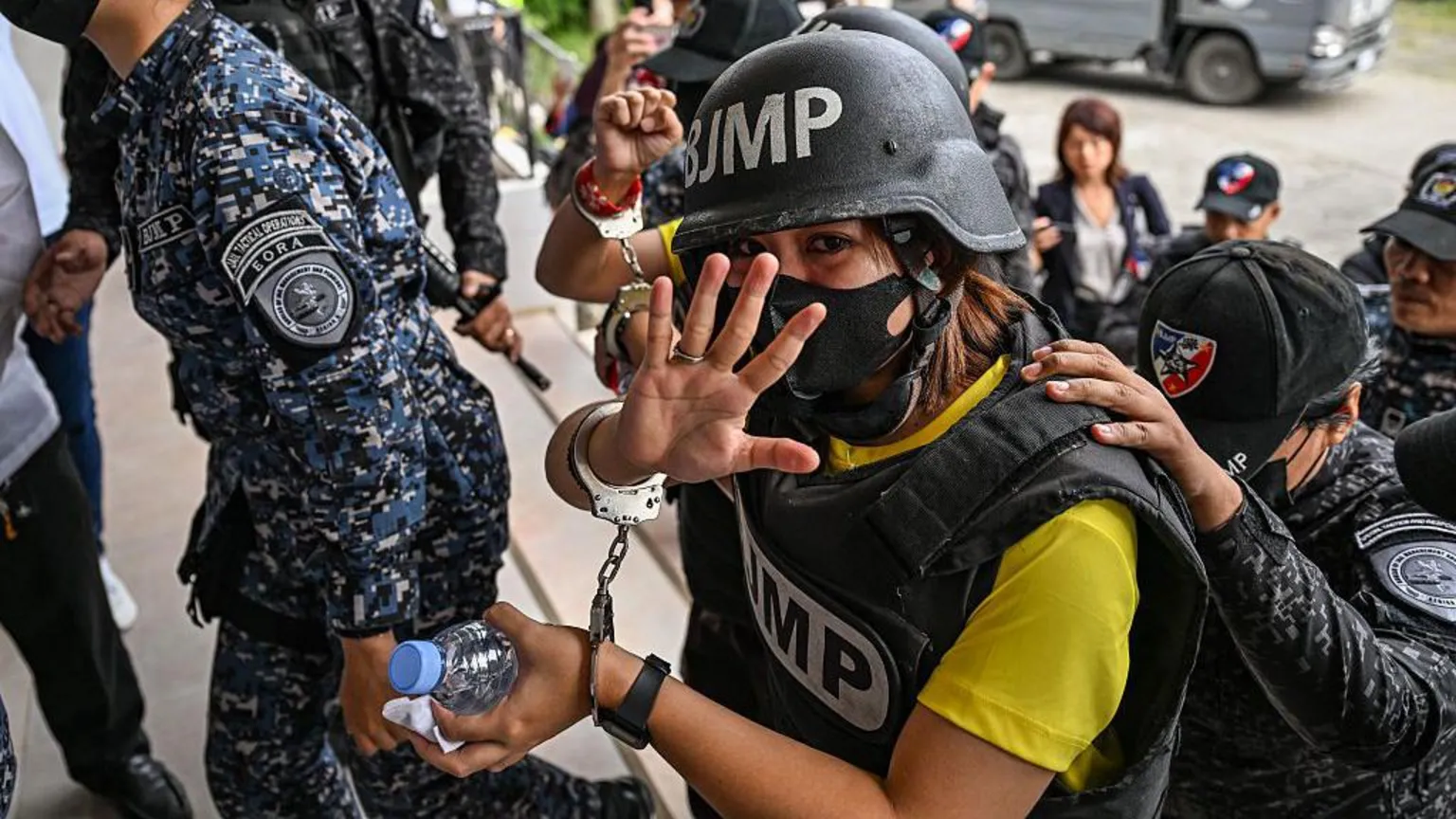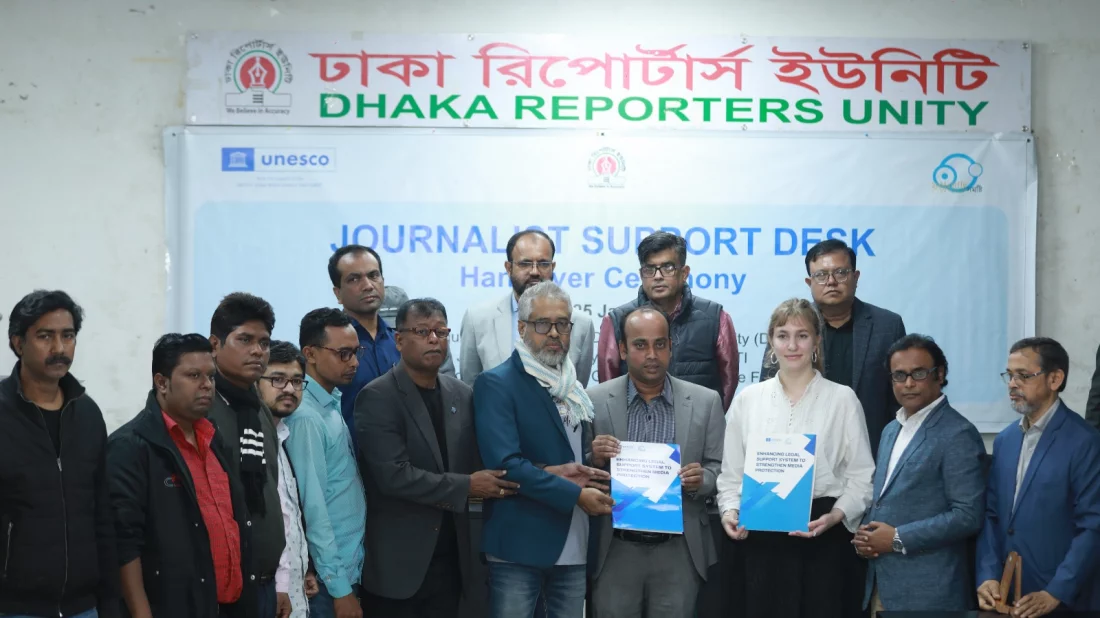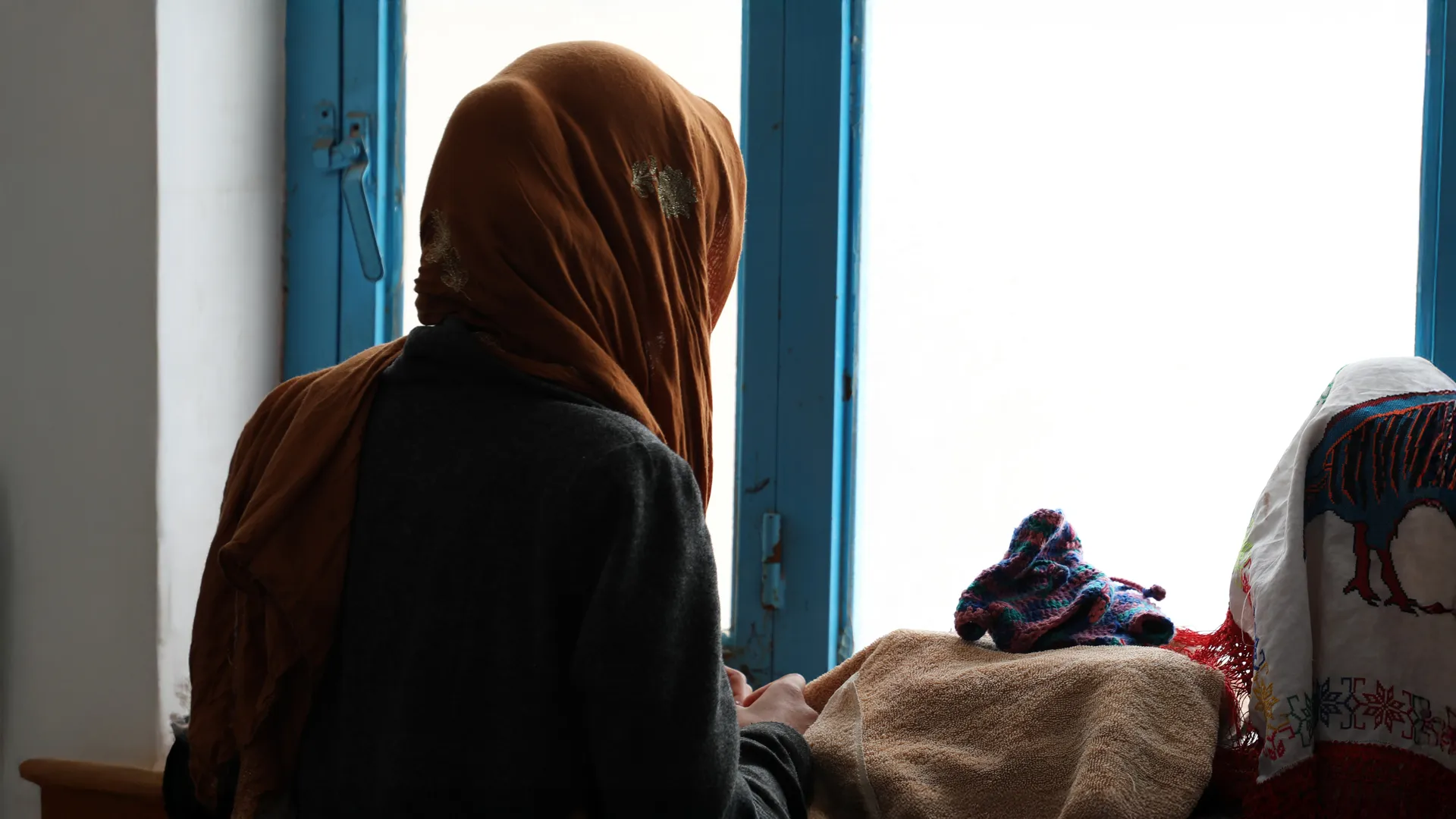
Nicaragua deports 135 political prisoners, including journalist
September 7, 2024
Journalists Assaulted and Arrested by Mexico City Police During Human Rights Protest
September 9, 2024September 09, 2024 – Timor –
In an unusual incident for the Southeast Asian country, freelance reporter Antonieta Kartono Martins, working for Diligente Online, was arrested on the evening of September 4, 2024, while covering police eviction of street vendors in Dili. The detainment—lasting several hours at a police station—was widely seen as a problematic obstruction of journalism. RSF reports that while Martins was released without charges, police also confiscated footage from journalist Suzana Cardoso, who worked for Media One Timor-Leste, erasing critical evidence and raising serious media freedom concerns.
President José Ramos-Horta responded swiftly, personally assuring the public that press freedom remains a priority. He met with the police commissioner, criticized the detainment as a misunderstanding, and urged officers to respect journalists’ roles in covering public interest events. RSF welcomed his statement, but emphasized the need for ongoing vigilance to prevent future press freedom violations.
Timor-Leste is often considered a model for press freedom in Asia. As of May 2024, RSF ranked it 20th out of 180 countries on its World Press Freedom Index, commending its strong constitutional protections (Articles 40–41) and publicly committed leadership. However, the country’s legal structure still includes laws, such as the 2009 clampdown on defamation and police powers, that can be misused to stifle journalists.
While journalism remains largely unhindered in practice, systemic vulnerabilities persist. Journalists continue to face occasional legal harassment, intimidation, or public denigration. Cases such as the recent detention of Martins—particularly involving footage deletion—underline the ongoing risk of unchecked police power.
RSF urges Timorese authorities to put stronger safeguards in place: clear police protocols for journalists in public spaces, legal protections against seizure of media, and training to reinforce press rights. These steps are essential to fortify the nation’s democratic institutions and prevent attacks on press freedom from recurring.
In a region where such incidents are rare, the swift response from the highest level underscores Timor-Leste’s commitment to press freedom—but highlights just how fragile even the most respected media environments can be.
Reference –




